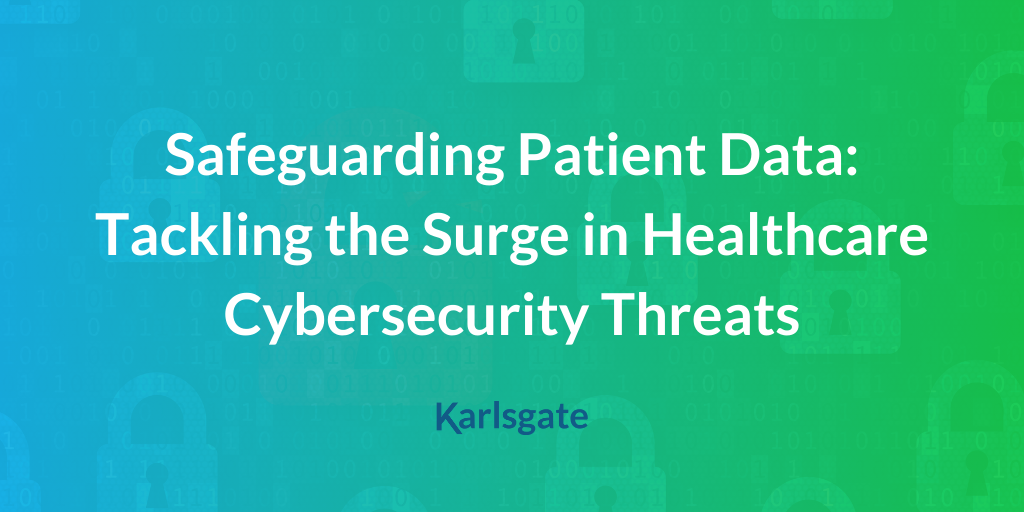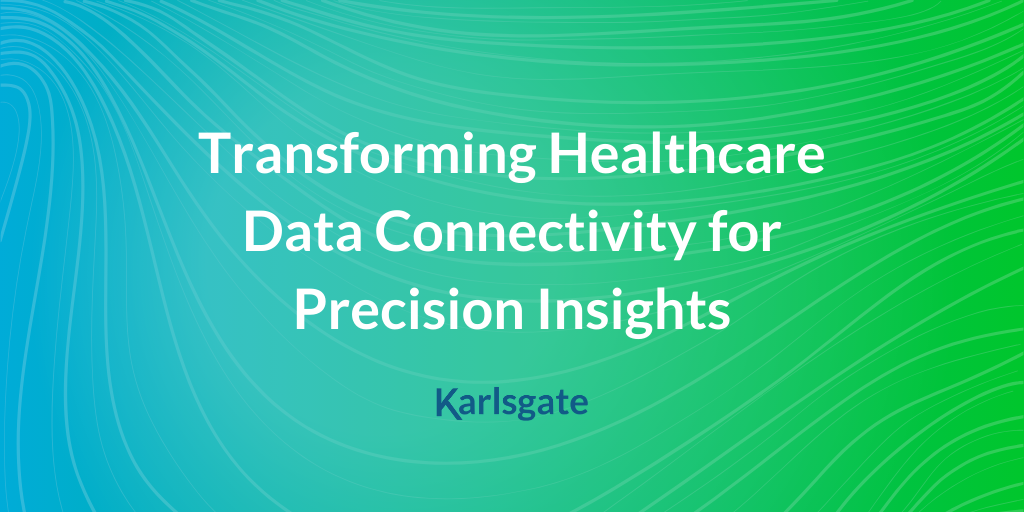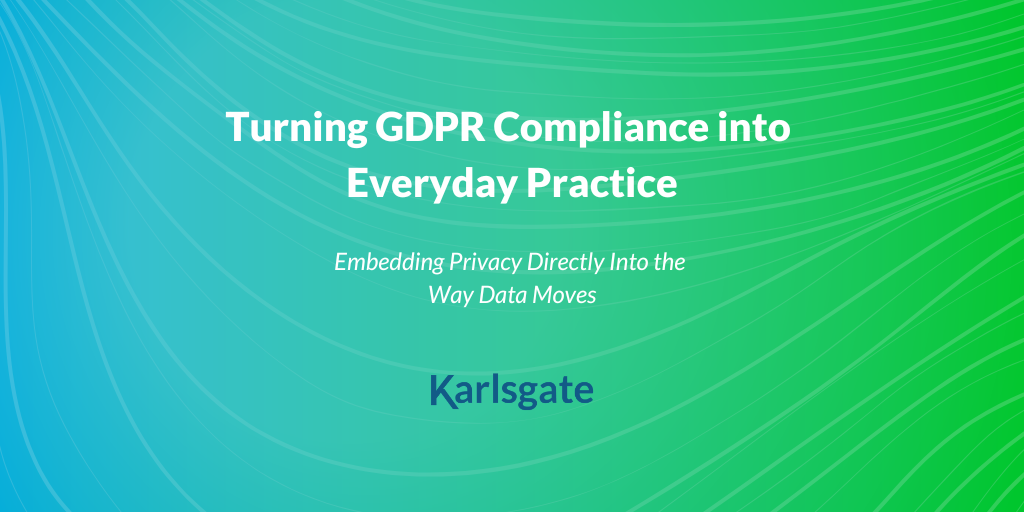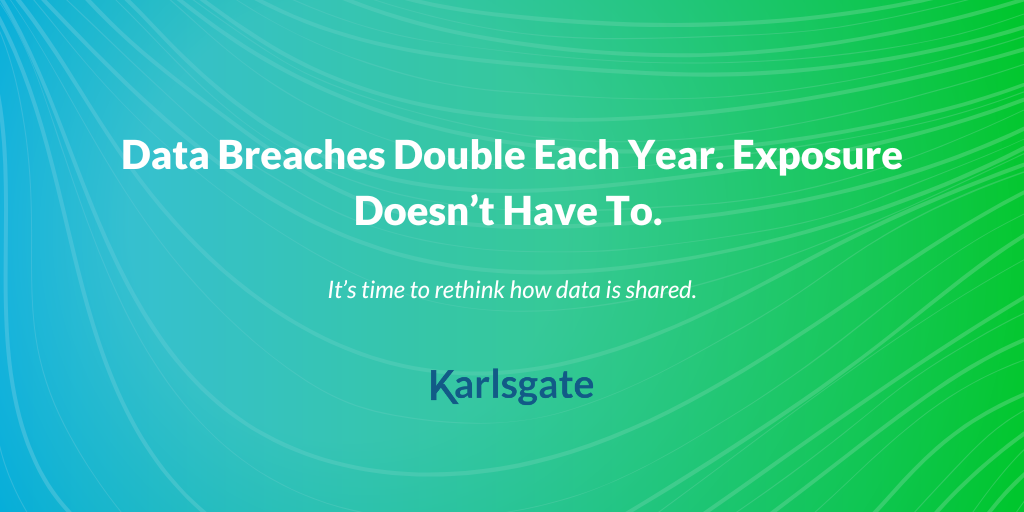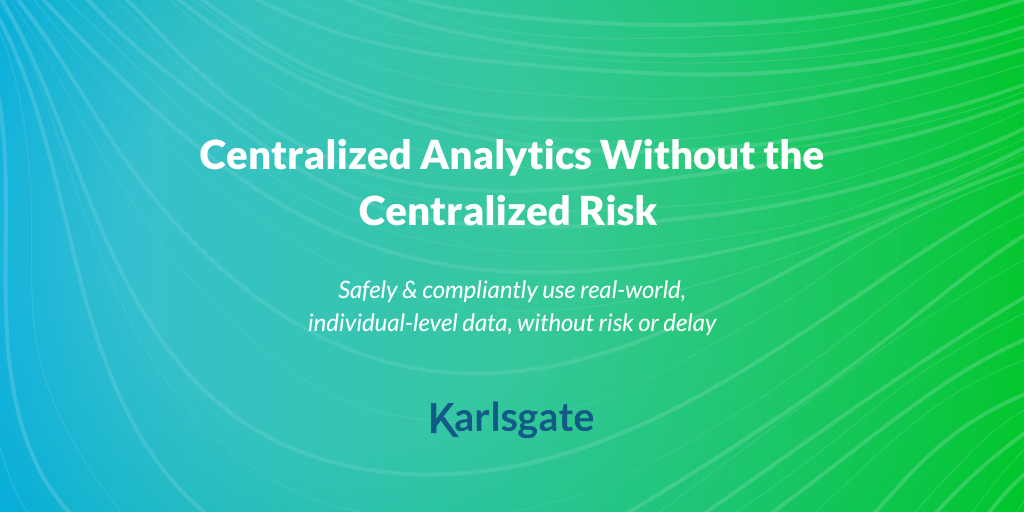Earlier this year, the healthcare industry was rocked by a significant cyberattack on Change Healthcare and is still grappling with the aftershocks. Let’s look at the impact: Change Healthcare,...
If you’re a healthcare organization working with a third-party business associate, you likely already know the risks of data breaches. In fact, of the ten largest healthcare breaches last year, more than half were reported to involve third-party partners/vendors with business associate agreements, or BAAs. This begs the question: If sending out data to third parties is so risky... why are organizations still doing it?
A Closer Look at Business Associate Agreements
First, let’s take a closer look at what exactly a BAA entails. A BAA is a legally binding contract established between a business and a third-party service provider who has access to the business's sensitive or regulated data, often involving personal health information (PHI) or personally identifiable information (PII). Businesses use BAAs as a critical tool for safeguarding their data and maintaining compliance with data protection regulations. These agreements contractually obligate the business associate to implement appropriate safeguards to prevent unauthorized uses or disclosures of PHI/PII, stipulate that they won’t further disclose the PHI/PII, and require them to report any breaches.
What these agreements don’t do is actually ensure the protection of the data. They are contracts – pieces of paper. Every time you leverage a BAA to make an exception to PHI security protocols and send your data to a third party, you lose custody and control of your PHI/PII and put sensitive data – and your organization’s reputation – at risk.
Healthcare Needs Data Partnerships
Despite the risks in sending data to partners, organizations do it because it’s important. Data is an essential component to driving better patient outcomes, developing better treatments, improving medical devices, and fueling AI-driven solutions.
Consolidation of patient information requires connecting data sources at an individual level. This is essential to derive quality outcomes. It is so essential, and so worthwhile, that the industry has traditionally taken the route of putting BAAs in place and making exceptions to PHI/PII controls in order to get the job done.
Compliance Does Not Equal Security
While BAAs are instrumental in achieving regulatory compliance, compliance should not be mistaken for comprehensive data security. Regulatory requirements are often the baseline, and achieving compliance does not necessarily guarantee immunity from data breaches or bad actors.
The unfortunate reality is that data breaches, especially when it comes to working with third-party business associates, are no longer an “if.” The complexity of the modern data landscape, evolving cyber threats, and the potential for human error can all contribute to data vulnerabilities. Why not protect data so that it’s secure when a breach happens?
Risk-Free Business Associate Collaboration with Karlsgate
We can no longer continue to merely be compliant with regulations. It’s time we fundamentally change the way we look at protecting data. We need a way to automate data consolidation from a variety of sources without putting PHI/PII at risk.
What if we could eliminate the need to ever relinquish custody of your protected data at all but still enable you to maintain the same utility of the data? The reality is that we can.
With Karlsgate’s privacy-preserving approach to protecting data at rest, in transit and in use, you can change the way your healthcare organization works with data and with its data partners. Reduce the time of data integration projects from months to days, process billions of records daily, and improve quality match rates by more than 80%.
Follow the lead of other healthcare organizations who leverage Karlsgate to:
- De-identify data with local cryptonyms that are never shared.
- Securely consolidate identified and de-identified data sources at scale without ever transmitting PHI/PII.
- Enable cross-border data collaboration compliantly AND safely.
Rethink the way you secure data, work with business associates, and protect yourself from costly breaches. Karlsgate enables seamless collaboration with data partners without ever sharing your identifiable patient data. By embedding privacy-enhancing measures directly into data workflows, we mitigate the risks associated with business associate data collaboration and minimize the potential for re-identification.
Want to learn more? Check out our demo video here. Or, you can contact us or create a free account to get started.

